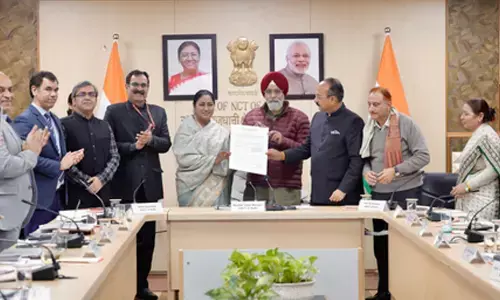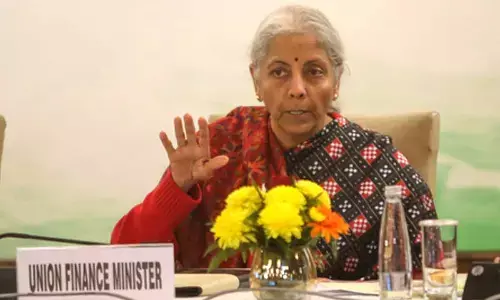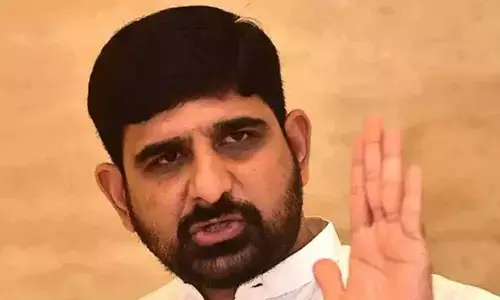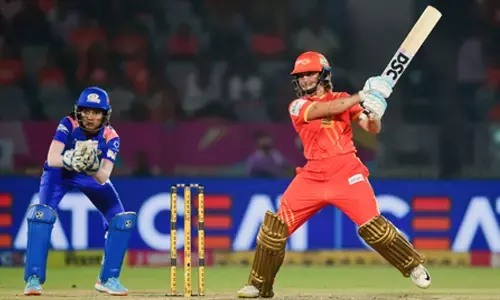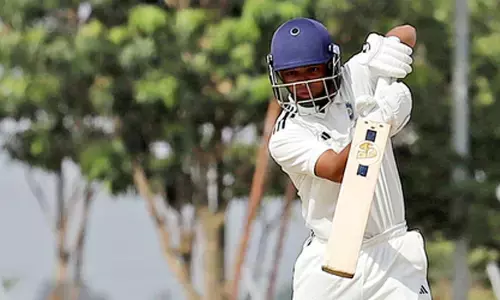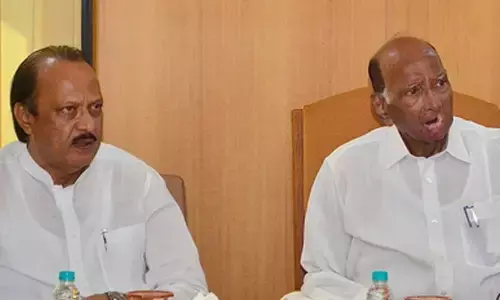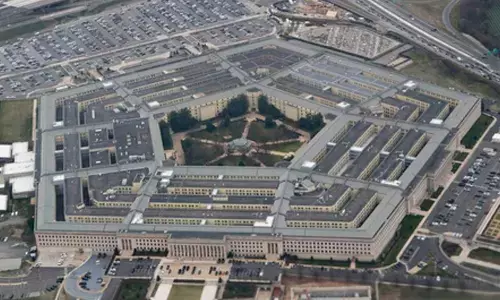Judicial independence asserted once again
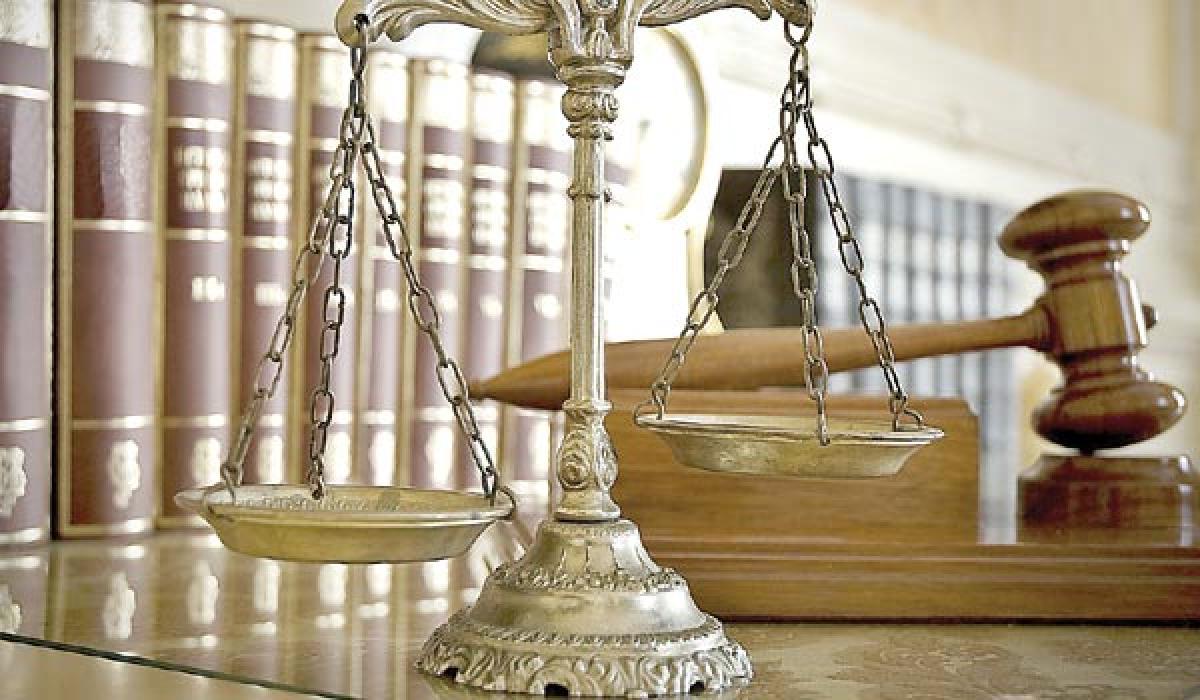
In the first judgment the Supreme Court’s constitutional bench declared the dismissal of the Chief Minister and imposition of President Rule after dissolving the Assembly as “unconstitutional,” thus restoring the status quo position prior to such actions.
The recent landmark judgments of the apex court, viz. one relating to the Arunachal Pradesh Assembly and another relating to the Armed Forces Special Powers Act (AFSPA) have once again proved that ours is really a democratic country where the checks and balances provided in the Constitution work quite satisfactorily.
In the first judgment the Supreme Court’s constitutional bench declared the dismissal of the Chief Minister and imposition of President Rule after dissolving the Assembly as “unconstitutional,” thus restoring the status quo position prior to such actions.
In another case, much-criticised AFSPA got the beating by the apex court which termed certain provisions of the said Act as “excessive” and giving the unbridled powers to the Armed forces.
Obviously, there is nothing wrong in the Supreme Court’s judicial pronouncements in both these cases. The Constitution has rightly vested the powers on judiciary to analyse, interpret and review any decision taken by the Executive.
Earlier, in the past also several decisions of the governments, both that of States as well as Centre have been reversed and strictures passed against the respective governments.
While it is not necessary to mention the long list of such judicial reprimands to the erstwhile governments, it would be suffice to say that while in doing so the judiciary has just performed its constitutional duty and nothing more. The colour of the government has nothing to do with such judicial exercises.
Therefore, obviously there is nothing to lament or rejoice over these judgments of the apex court. The court in its wisdom may at a later date review its own judgments or take a different stand in another case in future depending upon the matrix of facts and challenges before the country.
Hence, the political parties would do a great service to our democracy by not meddling with the post-judgment situation unnecessarily. At the same time, let the ruling disposition take the judicial pronouncements with a pinch of salt and not making them the basis for the avoidable confrontation.
Time-bound case disposal With the gazette notification of a new chapter XXI in Civil Rules of Practice and Circular Orders, 1980 on June 15, the Hyderabad High Court has indeed, ushered in the much awaited new era of speedy justice delivery system.
The set of new rules if followed scrupulously would go a long way in mitigating the problem of indefinite delay in concluding the court cases of the litigant public.
It may be recalled that during the NDA- I tenure at the Centre, a similar attempt to fix the time limit for concluding different legal stages in a court case was made but the same was opposed by none other than lawyers who protested violently. Ultimately, the proposal to fix the time limits had to be shelved.
The new chapter consists of 12 rules called the Case Flow Management in Subordinate Courts Rules, 2012. These rules shall apply to the suits and other Civil Proceedings instituted or pending before the Civil Courts or Tribunals subordinate to the High Court of Judicature at Hyderabad for the State of Telangana and the State of Andhra Pradesh.
The rules provide for the categorisation of suits and other proceedings by the Presiding Officer of each court into four tracks. First track category will include the cases pertaining to maintenance, child custody, appointment of guardian and wards, visiting rights, letters of administration, succession certificate, recovery of rent and permanent injunction while the second track matters will include the cases pertaining to execution, divorce and eviction.
Third track category will include the cases pertaining to partition, declaration, specific performance, possession, mandatory injunction, appeals, damages, easements, trade mark, copy rights, patents and intellectual property rights while the fourth track category will include such other matters as are not included in track 1 to track 3.
Further, the rules provide for the time limit in each track to dispose of the cases. Thus, the time limit prescribed for the disposal of first track cases is nine months, for the second track cases twelve months and for the cases in the third and fourth track twenty four months.
The new rules also provide for the time limit of 30 days for filing written statement or objection from the date of service of summons or notices on the defendant.
An important provision with regard to the process for service has also been made according to which the process for service shall be paid within seven days from the date of order to do so. In default, the case shall be posted for dismissal for non-prosecution.
Besides, the Presiding Officer has been cast with the duty of causing preparation of two cause lists (instead of one, as is the practice today) of the cases for the call work, every day. The cases listed in cause list No.1 shall be called in open court while the Ministerial Officer shall attend to the cases listed in causelist No.2.
The rules also provide that normally every day 10 cases would be posted in cause list No.1 for cross-examination of witnesses and 4 cases for arguments on the basis of month-wise and year-wise seniority. A provision for the disposal of Interlocutory Applications (I.A) within 30 days from the date of appearance of the other side has also been made. The new rules also provide for a maximum period of two months for the pronouncement of judgment after the same has been reserved on conclusion of arguments.
TS lawyers’ boycott The prolonged indefinite boycott of courts by the lawyers of Telangana State has not only caused hardship to the litigant public but at the same time to their families also.
The lawyers are practically without work for the last two- and-a- half month if the summer vacation (May,2016) is also considered.
Many young lawyers and other lawyers with meagre monthly earnings from the profession have been found struggling to meet both ends meet.
A source in the mutual credit society revealed that there has been a sizeable increase in the loan seekers. While many have availed the loans either from their credit society or banks others with or without gold to offer as securities have unfortunately fallen prey to the blood sucking private financiers.
By: DR H C UPADHYAY








